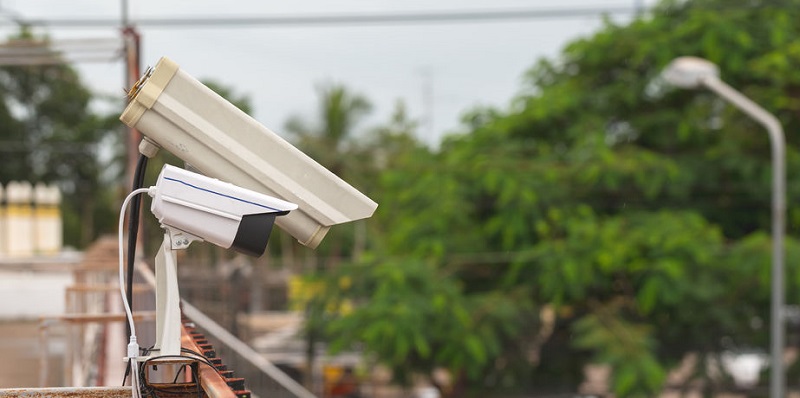Since red-light cameras were installed in Denver in 2018, public works data show that accidents are down 60 percent at the intersection of 6th Avenue and Lincoln, and the number of T-bone collisions has dropped by 70 percent.
Some in Colorado Question Whether Red-Light Cameras Do More Harm Than Good
One of the most hotly debated topics among Colorado drivers is Automated Vehicle Identification Systems (AVIS), which include red light cameras and photo speed vans. Several months ago, two Colorado lawmakers introduced a bill that would have banned such systems statewide, but the measure died in committee.
What are these systems, and why do they have Colorado drivers so fired up?
What is AVIS?
Traditional traffic law enforcement depends on the presence of officers to observe traffic violations and identify and cite offenders. But AVIS systems have the ability to identify violators with no law enforcement personnel present, through red light camera systems that are connected to traffic signals and to sensors in the pavement at a crosswalk or stop line.
AVIS systems work by continuously monitoring a traffic signal; triggering the camera to photograph the tags of vehicles that enter the intersection after the light is red; recording the date, time, and speed of the vehicle; and producing an image under a wide range of light and weather conditions. The image is then reviewed and a citation is mailed to the registered owner of the vehicle identified.
In Colorado, AVIS is used to detect traffic violations occurring in:
- School zones
- Residential neighborhoods
- Within maintenance, construction, and repair zones
- Along streets that border municipal parks.
AVIS cannot be used unless a sign is posted to notify the public that the system is in use, and a notice or summons must be provided within 90 days of the alleged violation. Under current law, red light camera violations and speed radar tickets don’t affect points on a driver’s license.
As of 2016, nine Colorado cities use AVIS: Aurora, Boulder, Commerce City, Denver, Fort Collins, Greenwood Village, Lone Tree, Pueblo, and Sheridan. The City of Littleton removed all five of its red-light cameras in 2015 after a study indicated that they weren’t reducing accidents; some intersections actually saw an increase in auto accidents after the cameras were installed. Colorado does not currently use AVIS to administer traffic laws on state highways.
Pros and Cons of AVIS
Red-light cameras have many proponents, including the Denver Police Department. Traffic investigation Lt. Robert Rock believes that the red-light cameras in four locations throughout the city help prevent some of the more serious accidents. Since red-light cameras were installed in Denver in 2018, public works data show that accidents are down 60 percent at the intersection of 6th Avenue and Lincoln, and the number of T-bone collisions has dropped by 70 percent.
Opponents of AVIS argue that the systems enable police to act as “Big Brother” and allow them to spy on law-abiding citizens in violation of the Fourth Amendment to the U.S. Constitution, although the U.S. Supreme Court has previously ruled that the Fourth Amendment does not protect what a person knowingly exposes to the public, and driving is not a private activity. Opponents also maintain that cameras presume drivers are guilty, although those who receive a ticket based on evidence obtained from a red light camera are free to contest the ticket, just as those who receive a traditional traffic ticket can.
Contact A Colorado Personal Injury Attorney
If you sustained injuries in a Colorado car accident occurring at an intersection equipped with an AVIS device, you may already have one piece of convincing evidence that will help prove liability in the accident. Contact an experienced Colorado personal injury attorney for a free consultation to discuss the details of your case.

